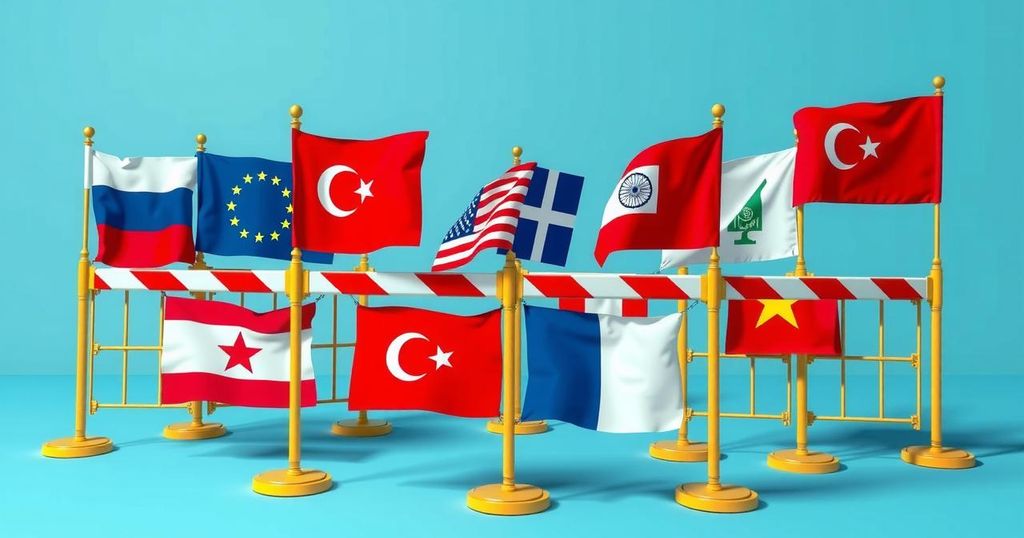President Trump Announces 50 Percent Tariff on Brazilian Goods

- President Trump announced a 50 percent tariff on Brazilian goods.
- The increase from 10 percent to 50 percent is significant.
- Brazil’s treatment of Jair Bolsonaro provoked this tariff decision.
- Analysts say coalition nations criticized Trump’s tariffs.
- R-CALF USA supports the tariff to protect US cattle farmers.
Trump’s Tariff Announcement Raises Eyebrows Worldwide
President Trump has made headlines once again with his recent announcement regarding a drastic increase in tariffs on Brazilian imports. Starting August 1, 2025, a steep 50 percent tariff will be levied on goods from Brazil. This decision comes on the heels of mounting tensions between the United States and Brazil, particularly related to the treatment of the country’s former president, Jair Bolsonaro. In a letter to Brazilian President Luiz Inácio Lula da Silva, Trump outlined his grievances, specifically targeting Brazil’s alleged suppression of free speech and interference with U.S. social media platforms through unlawful censorship orders.
Concerns Surrounding the Broad Implications of Tariffs
In his letter, Trump voiced blunt discontent over what he termed insidious attacks on free elections, implying that Brazil’s actions against Bolsonaro in his view reflect a broader issue. He pointed to censorship measures imposed by Brazil’s Supreme Court, which reportedly ordered U.S. social media outlets to comply with a series of secret censorship mandates. According to Trump, these actions have jeopardized American free speech rights, prompting his administration to adopt this significant tariff move in an effort to protect U.S. interests. Analysts suggest the previous import duty of 10 percent established in April was simply insufficient for what he sees as a dire recalibration of international relations.
Support and Opposition from Agriculture Groups
Critics of Trump’s decision have raised eyebrows, calling it an unusual and potentially alarming approach to intervene in Brazil’s internal affairs. However, some, like former Commerce Secretary Wilbur Ross, see echoes of Trump’s previous tariff strategies used to combat issues such as the fentanyl crisis. There is an understanding that legal challenges could follow, though some past court decisions have favored Trump’s policies. Meanwhile, agricultural advocates like R-CALF USA applaud the tariff, viewing it as a necessary step to combat the negative effects of Brazilian beef imports on the American cattle industry, which they argue are threatening local farmers and ranchers.
In a bold move, President Trump’s announcement of a 50 percent tariff on Brazilian goods is sure to stir significant debate both domestically and internationally. While many see this as a necessary stance against Brazil’s internal policies and the protection of free speech, others worry about the potential repercussions of such an action on international relations and domestic markets. The coming months will likely reveal more about the impact of this decision and could lead to further tensions as stakeholders assess the responses from different parties involved.







